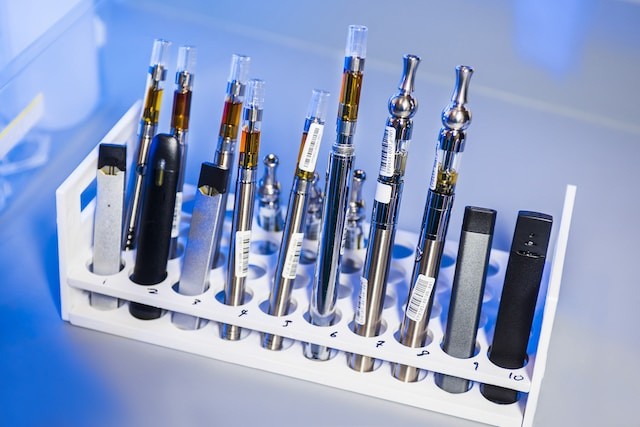Last Wednesday, the U.S. Food and Drug Administration (FDA) received orders from a federal appeals court to review their decision to prevent the two manufacturers' marketing of flavored e-cigarette liquid. This decision stemmed from the agency's refusal to assess the proposed marketing strategies outlined by the companies involved.

Court Overrules the FDA Decision
With a 9-5 verdict, the New Orleans-based 5th U.S. Circuit Court of Appeals reversed an initial judgment made by a lower three-judge panel in July 2022.
Circuit Judge Andrew Oldham, who received his appointment from the former Republican president Donald Trump, led the majority in the court's decision. He stipulated that the FDA initially requested extensive marketing plans from e-cigarette manufacturers to circumvent the potential misuse among young people. These strategic plans were deemed crucial, yet the applications were denied without any review.
Is the FDA Serving the Interests of the People?
Oldham contended that the FDA's approach reflected an inability to engage straightforwardly with businesses, branding it as falling short of "turning square corners." He emphasized, "No principle is more important when considering how the unelected administrators of the Fourth Branch of Government treat the American people."
Eric Heyer, acting as the legal representation for Triton Distribution and Vapetasia LLC, expressed satisfaction with the court's decision and hoped it might necessitate the FDA to provide explicit communication on requirements for approval.
FDA's Stance on E-cigarettes: Revisited
In 2021, the FDA stated that e-cigarettes would be treated as tobacco products, much like traditional cigarettes. This view subjected such products to agency review under the Tobacco Control Act and enforced a mandatory application process for manufacturers to continue their sales.
Initially, the FDA regarded e-cigarettes as potential aids for adult smokers transitioning from conventional cigarettes. However, the rise in youth vaping resulted in heightened pressure from anti-smoking groups to limit flavored e-cigarettes.
Triton and Vapetasia submitted an application to market products featuring flavors with distinct names. Sour grape, pink lemonade, and crème brulee were among the flavors lined up for application.
A String of Rejections on the Rise
Since 2021, the FDA has rejected over a million applications, including Triton's and Vapetasia's applications. The rejection was attributed to the lack of studies showcasing any benefits of these products for adult smokers. As of November, the FDA approved a total of 23 tobacco-flavored e-cigarette products.
Circuit Judge Catharina Haynes offered a dissenting view on Wednesday. She claimed the FDA's decision was entirely reasonable, as even the most promising marketing strategies proved "irrelevant" if the products offered no tangible benefits for adult users.
The Crucial Role of Legal Assistance
The winding maze of regulations emphasizes the necessity of experienced legal assistance. Legal pros can offer invaluable expertise in understanding and aligning with the rules set by regulatory bodies such as the FDA.
Are you faced with regulatory entanglements? Reach out to an experienced lawyer today and protect your business. Navigate the regulatory landscape with confidence and legal expertise.




